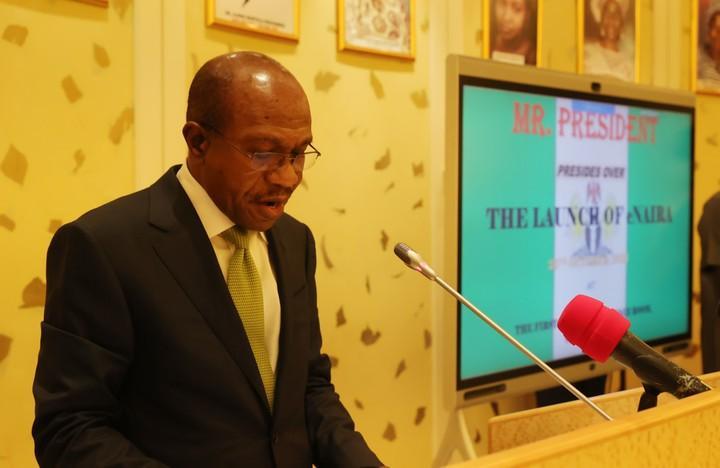- NIBSS, CBN, Others Target 80% Financial Inclusion By 2020
The Nigeria Inter-Bank Settlement System Plc (NIBSS), the Central Bank of Nigeria, (CBN), banks and telecommunication firms in the country have entered into a partnership on the Unstructured Supplementary Service Data (USSD) payment solution to further deepen financial inclusion.
The new initiative tagged ‘microCash (mCash) was unveiled in Lagos, yesterday by the lead promoter -NIBSS, with the CBN projecting that it would to facilitate 80 per cent financial inclusion in the country by 2020.
‘Mcash’ is a solution designed to facilitate low-value retail payments and growing e-payments by providing accessible electronic channel which is USSD. This would enable merchants and customers conduct transactions instantly as fast as a cash transaction.
This product is presently being operated by Wema, Zenith, Fidelity, Diamond, Unity banks, with other banks expected to sign up before the end of the year.
Also signed up are Airtel, Mtn, Etisalat and Glo. Under this platform, transactions below N10,000 would be conducted at no cost.
Speaking at the launch of Mcash, the Managing Director/ Chief Executive Officer NIBSS, Mr. Ade Shonubi said: “With Mcash, the whole intention is to broaden the opportunity for people who today use cash to find a convenient means of making payments. The central bank has been pushing the cashless initiative for a long time and we have seen significant gains but a lot of the people who have benefited so far have the 27 million banking customers.”
“As we begin to deepen and reach out to a lot more people, we biennial to make real the dream for financial inclusion as we begin to realised that a lot of government social programs would touch a different set of people so we have to start creating opportunities for them to have commerce that is not just lied around cash.”
He further added: “To achieve that, the banking industry and telecoms have come together to partner and find a way to deliver a service at a reasonable value point which is in terms of efficiency and price and addressing concerns of being able to attain that their transactions are made.”
“The people we are trying to bring into this space use cash and the advantage of cash is that you can exchange it immediately. The ability to get your money almost immediately is the key. Secondly, if you are trying to move the. To something other than cash, it also has to be continent.”
On his part, the Director, Banking and Payment, CBN Mr. Dipo Fatokun, described the solution as another effort by the apex bank in increasing financial inclusion to meet its Payment Systems Vision 2020.
Fatokun who was represented by a Principal Manager at the CBN, Mr. Joe Ogbogu said: “We endorse this because it would take our payment system to the next level. Nigeria is at the top pendulum of payment system in the whole world. And because of this, various countries come to understudy our payment system and this is one product I hope they would understudy in the near future.
“Another reason for this endorsement is that it is going to drive our financial inclusion. We have have challenges of acceptance of POS transactions because they don’t get instant value for their services some cases the next. With this product, merchants get instant value which is a big plus.”
He further added: ” I am sure this product would drive financial inclusion to level the it is desired. We have projected that by 2020, Nigeria should be able to get inclusion level of 80 percent and I’m sure this is one of the initiatives that would drive that.”
Speaking on behalf of the banks, the Chairman Committee of E-banking Heads, Mr. Dele Adeyinka said: “As an association, we have a timeline that says we want to drive excellence through collaboration and for banks who are always looking for opportunities to serve our customers better.”
Also Head mobile financial services Etisalat, Mr. Seun Omotosho said: “We at Etisalat are excited about this solution and all all of us have heard on what is happening in east Africa with Mpesa and co and we believe this is going to rival this. We are going the direction of payment because we believe payment is what will drive inclusion. This solution is simple and addresses what customers need.”



 Naira4 weeks ago
Naira4 weeks ago


 Naira3 weeks ago
Naira3 weeks ago




 Naira3 weeks ago
Naira3 weeks ago




 Naira3 weeks ago
Naira3 weeks ago




 Naira2 weeks ago
Naira2 weeks ago
 Commodities3 weeks ago
Commodities3 weeks ago


 Sport Business4 weeks ago
Sport Business4 weeks ago


 Banking Sector4 weeks ago
Banking Sector4 weeks ago




















